Tax Planning Strategies and accounting for Small Businesses in Dubai
UAE is a dynamic landscape where you need to define and decide effective tax planning strategies for small businesses. Effective tax planning strategies for small businesses in the UAE is not just a financial planning or decision. It is the strategic imperative for your business and can help you optimise your tax position, refunds, and claims.
Therefore you need the best accounting and bookkeeping companies in the UAE. Proper tax planning strategies can also help you reduce your tax liabilities, improve your cash flow, and drive growth to your business.
At PROFITZ ADVISORY, we understand the unique tax challenges faced by small businesses in the UAE. Our team of experienced tax professionals is dedicated to helping you deal with the complexities of the tax code and identify opportunities for tax savings.
Let’s explore the essential tax planning strategies for small businesses that can make a substantial difference to your business’s bottom line.
Understanding the UAE Tax Landscape
The UAE’s tax system is relatively straightforward compared to many other countries. While there’s no personal income tax, businesses operating in the UAE are subject to corporate tax and VAT.
Corporate Tax:
- Flat Rate: The corporate tax rate in the UAE is a flat 55%.
- Free Zone Benefits: Businesses operating in designated free zones may enjoy reduced or zero corporate tax rates.
VAT:
- Standard Rate: The standard VAT rate in the UAE is 5%.
- Exemptions: Certain goods and services are exempt from VAT, such as basic food items, healthcare, and education.
- Input Tax Credit: Businesses can claim input tax credits for VAT paid on eligible purchases.
It’s crucial for small businesses in the UAE to understand these tax implications and ensure compliance with relevant regulations.
Read about the difference between corporate tax and VAT here.
Essential Tax Planning Strategies for Small Businesses in the UAE
- Structuring Your Business
The structure of your business can significantly impact your tax liabilities. Consider the following options:
- Sole Proprietorship: Simplest structure but exposes your personal assets to business liabilities.
- Limited Liability Company (LLC): Provides limited liability protection for your personal assets.
- Free Zone Company: Offers tax benefits and other incentives for businesses operating in designated free zones.
- Record Keeping
Accurate and organised record-keeping is essential for effective tax planning. Keep detailed records of all financial transactions, including income, expenses, invoices, and receipts.
- Deductions and Expenses
Identify potential deductions and expenses that can reduce your taxable income. These may include:
- Business expenses: Rent, utilities, salaries, advertising, and other operational costs.
- Depreciation: Claiming depreciation on business assets can reduce your taxable income.
- Charitable donations: Donations to approved charitable organisations are eligible for tax deductions.
- Tax-Efficient Investments
Explore investment opportunities that offer tax benefits, such as:
- Tax-free zones: Investing in businesses located in free zones can provide tax advantages.
- Tax-exempt investments: Certain investments, such as government bonds or approved retirement plans, may be exempt from tax.
- VAT Planning
Optimise your VAT compliance and minimise VAT liabilities by:
- Accurate VAT calculations: Ensure correct VAT rates are applied to your transactions.
- Input tax credits: Claim input tax credits for VAT paid on eligible purchases.
- VAT exemptions: Identify any VAT exemptions that may apply to your business.
By implementing these tax planning strategies, you can significantly reduce your tax burden and improve your business’s financial performance.
Learn about how VAT and corporate tax will affect your business.
PROFITZ ADVISORY: Your Trusted Tax Partner for Small Businesses
At PROFITZ ADVISORY, we understand the unique tax challenges faced by small businesses in the UAE. Our team of experienced tax professionals is dedicated to providing tailored solutions that optimise your tax position and minimise your tax liabilities.
We specialise in UAE tax regulations, ensuring that your business complies with all relevant laws and regulations. Our comprehensive range of tax services includes:
- Tax planning and optimization
- VAT compliance and advisory
- Tax return preparation
- Tax audits and dispute resolution
- Corporate tax planning
Let us handle the complexities of your business taxes, so you can focus on growing your enterprise.
Conclusion
Effective tax planning is essential for small businesses in the UAE to minimise tax liabilities and maximise profitability. By implementing strategies such as structuring your business appropriately, maintaining accurate records, identifying eligible deductions, and exploring tax-efficient investments, you can significantly reduce your tax burden.
Learn about the difference between accounting and bookkeeping here.
Remember, the tax landscape can be complex and subject to change. Seeking professional tax advice from a firm like PROFITZ ADVISORY can ensure that you are staying compliant and taking advantage of all available tax benefits.
Contact us today for a free consultation and let our experts help you optimise your business’s tax position.








